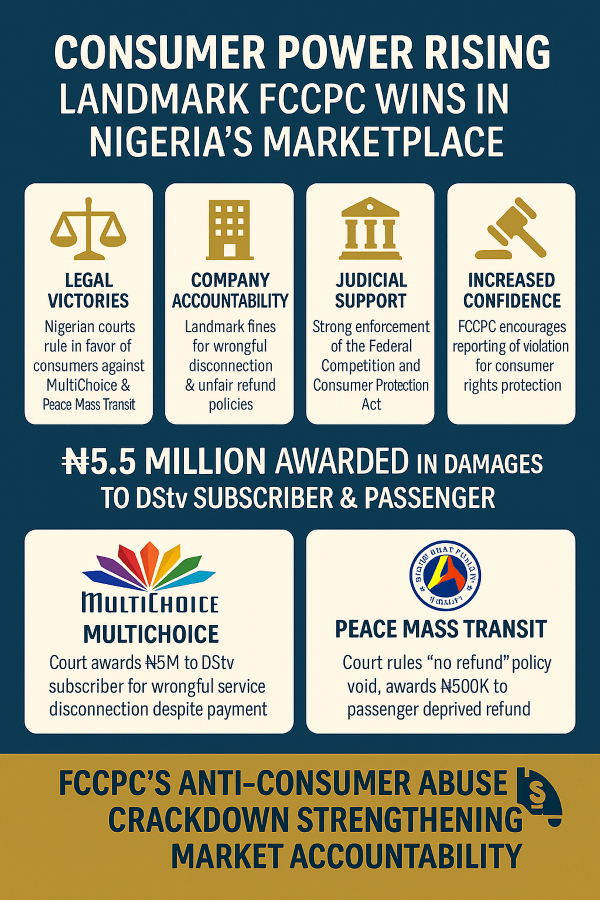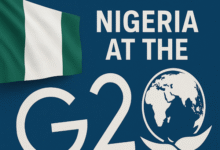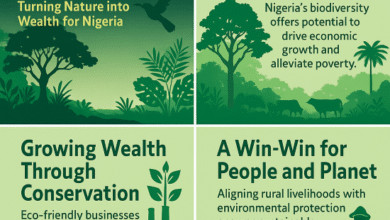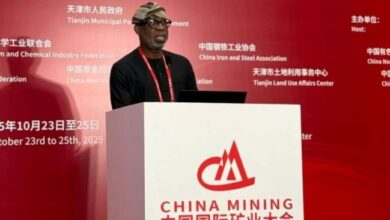
In a major win for consumer rights in Nigeria, the Federal Competition and Consumer Protection Commission (FCCPC) has commended two landmark court judgments — one against MultiChoice Nigeria Limited (DStv) and another against Peace Mass Transit Limited — for reinforcing accountability and fairness in the marketplace.
The FCCPC described the rulings as milestones in the enforcement of the Federal Competition and Consumer Protection Act (FCCPA) 2018, emphasizing that both cases represent growing judicial support for consumer redress and stronger market discipline.
Court Awards ₦5 Million to DStv Subscriber Over Wrongful Disconnection
The Lagos High Court, presided over by Justice R.O. Olukolu, awarded ₦5 million in general damages to a DStv subscriber, Mr. Ben Onuora, for wrongful disconnection of his active subscription by MultiChoice Nigeria.
The court found that MultiChoice unlawfully disconnected Onuora’s service despite verified payment, thereby violating Sections 130, 136, and 142–145 of the FCCPA 2018, which guarantee consumers’ right to quality service and protect them from exploitative practices.
The judgment ordered MultiChoice to:
- Immediately reconnect the subscriber’s service.
- Extend the subscription period to cover the duration of the wrongful disconnection.
Justice Olukolu ruled that such actions amounted to service negligence and unfair treatment, stressing that “no company is above the law when it comes to consumer protection.”
Enugu Court Declares Peace Mass Transit’s “No Refund” Policy Illegal
In a related victory, the Enugu State High Court, under Justice C.O. Ajah, declared Peace Mass Transit’s “no refund after payment” policy illegal and unenforceable under Nigerian law.
The court ruled in favour of a passenger, Mr. Tochukwu Odo, who was denied a refund after his trip was cancelled midway.
Justice Ajah ordered the company to refund the fare and pay ₦500,000 in damages, citing Sections 120, 104, and 129(1) of the FCCPA 2018, which make it mandatory for service providers to refund payment when services are not rendered.
The judge stated unequivocally that “a business cannot lawfully retain payment for an undelivered service — to do so is both exploitative and illegal.”
💬 FCCPC: Justice System Strengthens Consumer Confidence
In a statement signed by Mr. Ondaje Ijagwu, Director of Corporate Affairs at the FCCPC, the Commission’s Executive Vice Chairman, Mr. Tunji Bello, applauded the courts for their firm stance.
“These judgments demonstrate the growing strength of Nigeria’s consumer protection framework,” Bello said.
“They show that the judiciary is not only willing but fully committed to upholding the principles of fairness and accountability that the FCCPA represents.”
Bello further commended the consumers involved for choosing legal redress over confrontation, stressing that judicial enforcement complements regulatory oversight and underscores that violations now have real consequences.
He revealed that between March and August 2025, the FCCPC had already facilitated more than ₦10 billion in consumer recoveries across over 30 sectors — a testament to Nigeria’s improving consumer justice ecosystem.
Consumers Urged to Report Unfair Practices
The FCCPC urged Nigerians to continue reporting cases of unfair business practices via its official complaint portal, email channels, or physical offices nationwide.
Bello assured that the Commission would continue collaborating with the judiciary to strengthen compliance culture among service providers.
“These rulings send a clear message to businesses: consumers are not powerless. Every violation of their rights will attract penalties,” the FCCPC boss added.
BRANDECONOMY INSIGHT: A New Era of Consumer Accountability
Nigeria’s consumer protection landscape is witnessing a quiet revolution.
With the FCCPA 2018 providing strong legal backing and courts increasingly asserting judicial independence, companies can no longer hide behind fine print or exploitive terms.
The MultiChoice and Peace Mass Transit rulings reaffirm that corporate impunity is giving way to a new culture of fairness, transparency, and consumer respect — a positive signal for both local and international investors seeking a level playing field.











